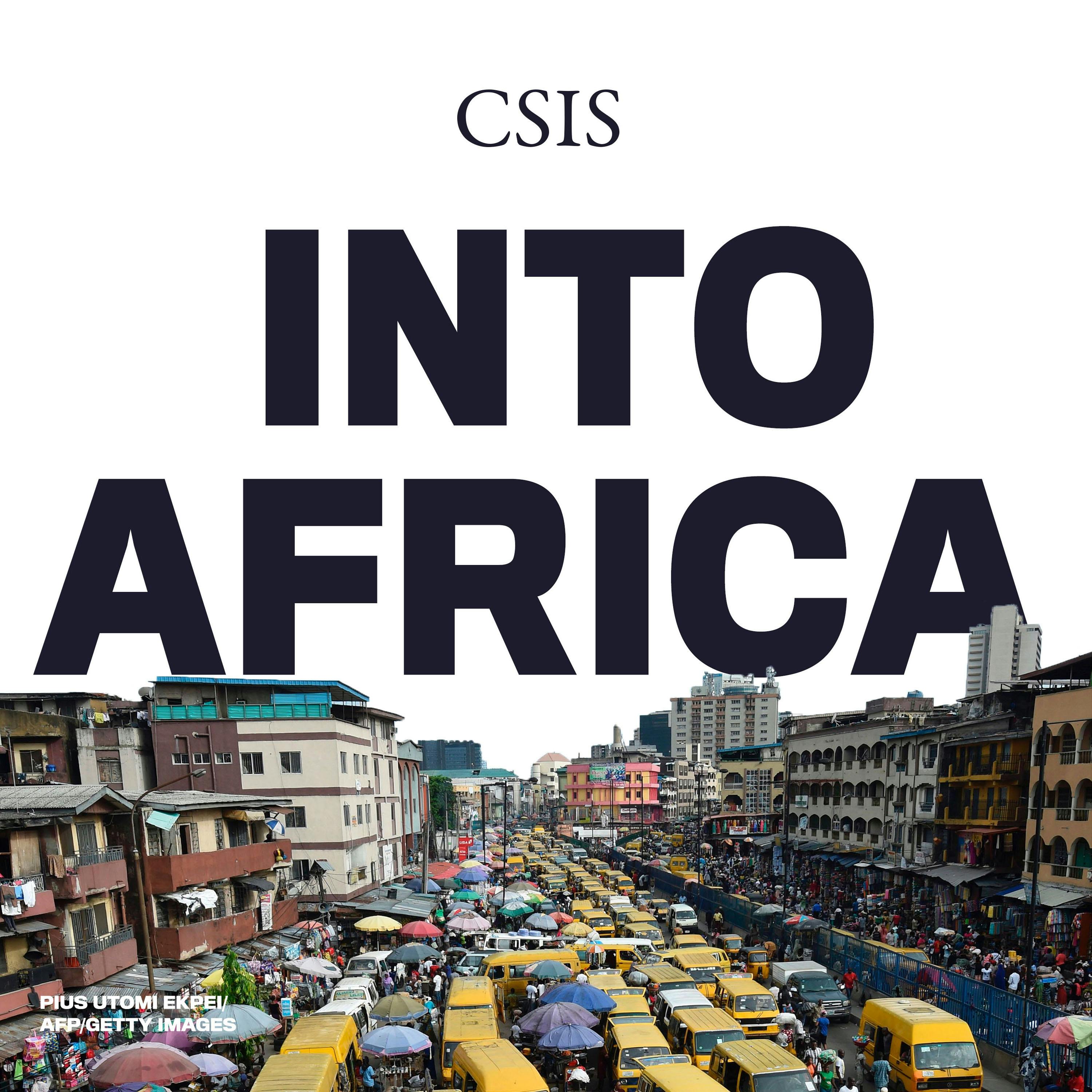Internal Challenges: Ghana’s Security Landscape
Description
Ghana has long been viewed internationally as a regional leader in democracy, particularly notable given its challenging neighborhood bordering the Sahel states. Although cross-border security challenges persist, Ghana has not experienced terrorist attacks from al-Qaeda–affiliated JNIM, though its northern region remains vulnerable. Instead, Ghana’s security apparatus faces significant internal challenges, including rising chieftaincy conflicts, illegal mining (galamsey), land use disputes, and citizenship issues in some communities. These factors have led to a decline in public perception of state institutions, especially regarding the police, the electoral commission, and the ruling party.
Paul Nana Kwabena Aborampah Mensah, program manager in charge of security sector governance at the Ghana Center for Democratic Development, joins Mvemba less than a month before Ghana’s election. They discuss the state of Ghana’s security institutions, the successes and challenges these institutions face, and the implications for Ghana’s upcoming elections.
More Episodes
Catherine Nzuki is joined by Mvemba Phezo Dizolele (CSIS Africa Director and Senior Fellow) and Cameron Hudson (Africa Program Senior Fellow) for a discussion on what President-Elect Donald Trump's second term would mean for the U.S. approach to Africa, and how African capitals may be...
Published 11/07/24
Published 11/07/24
Rwanda has endured a series of destabilizing moments that have shaped its complex history and relations with neighboring countries. Colonial rule set the stage for ethnic divisions that worsened under post-colonial governments, leading to the horrific 1994 Rwandan genocide. Following the...
Published 10/31/24


